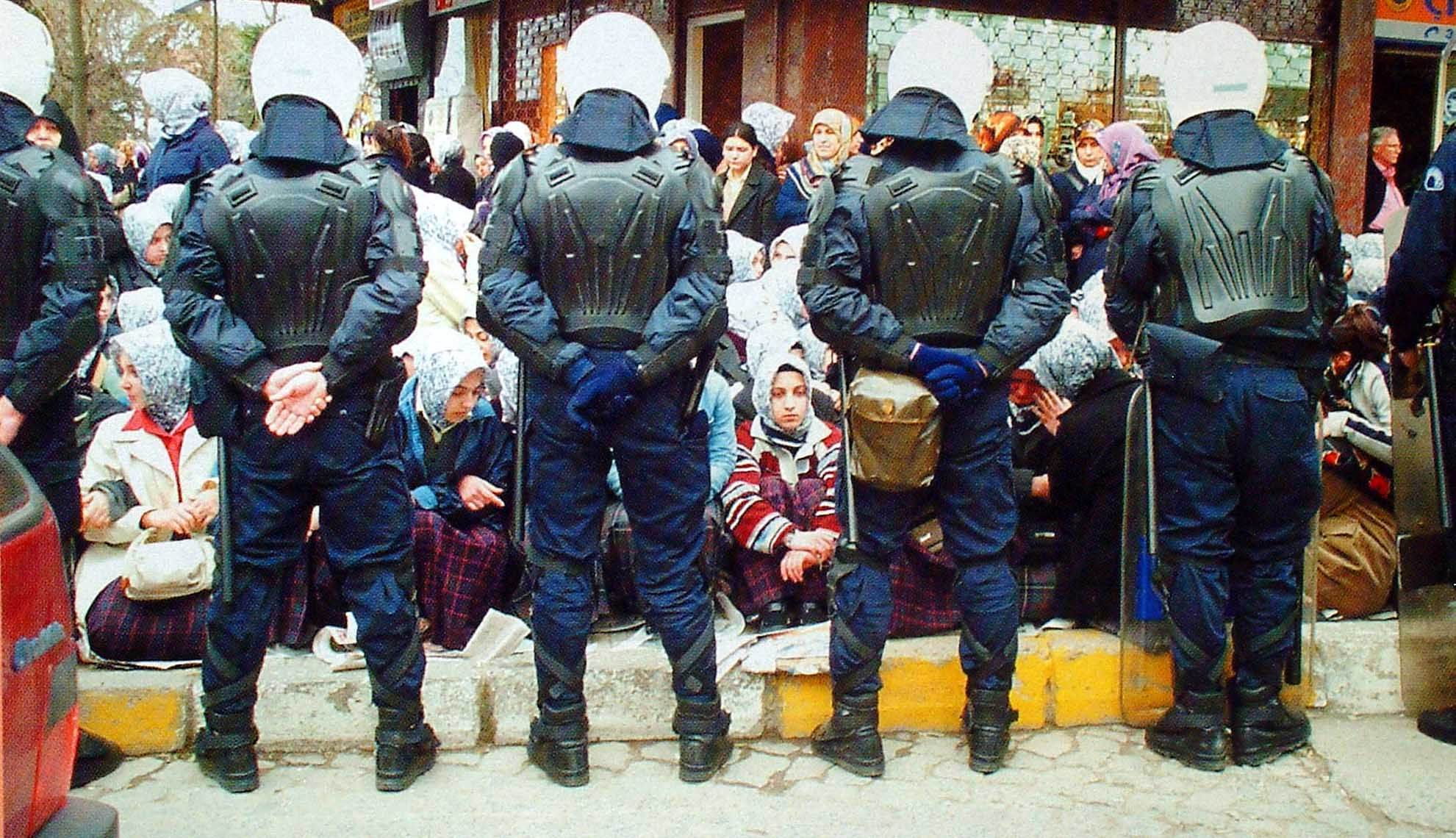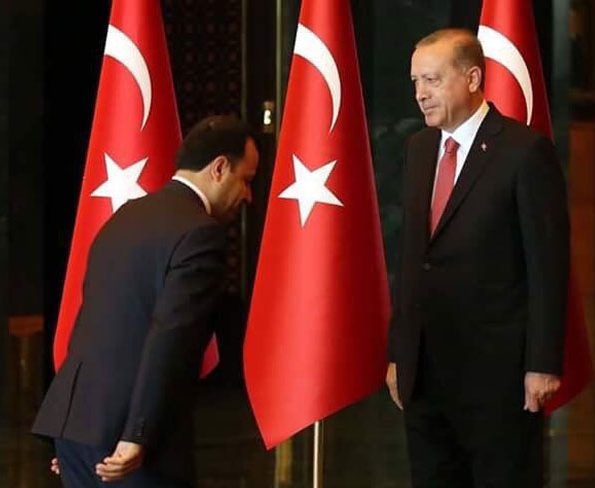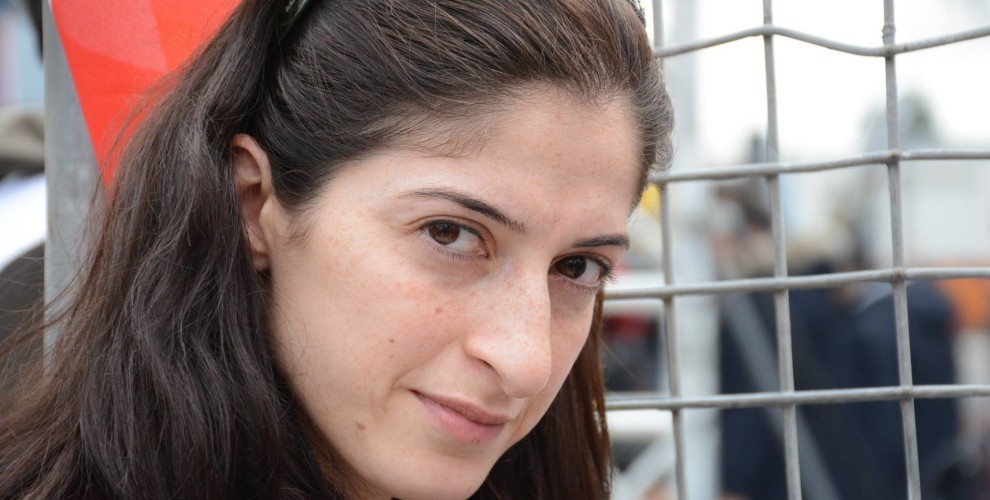It has been over a month since the simultaneous presidential and general elections were held in Turkey this year. Now that the dust is settled, it is time to deeply reflect on the election outcome and try to make sense of the victor President Recep Tayyip Erdogan’s formidable popularity.
Despite the rise of a dynamic and fiery opposition candidate, President Erdogan comfortably won the presidential election again in the first round held on June 24, 2018.
Muharrem Ince from the main opposition Republican People’s Party (CHP) succeeded in mobilising the party’s voter base and addressed several huge public rallies, but could not garner support of the conservative voters who have been propping up Erdogan since he first became Prime Minister in 2003.
Ince’s loss is a shattering defeat for Turkey’s nearly half of the population which is craving for change in the leadership of the country which is increasingly authoritarian and utterly divisive.
It is a shattering defeat particularly because for the first time in sixteen years an opposition candidate appeared better than Erdogan in terms of physical energy, oratory skills and determination to win an election.
These attributes have helped Erdogan surpass the founder of the Republic of Turkey, Mustafa Kemal Atatürk, to become the longest-serving leader, but did not help the most promising CHP candidate in decades to win enough votes to even push the election to the second round.
Erdogan’s undiminishing popularity despite his moves to grab power and crush any form of dissent, especially following the 2013 corruption scandal, is a situation for which the ultra-secular Kemalists who dominated Turkey until the ascent of Justice and Development Party (AKP) are largely to be blamed, and yet they are the ones who are often let off the hook.
It is an undeniable fact that owing to their religious beliefs and traditional practices, the vast majority of Turkish population was neglected and treated like second-class citizens during the Kemalist era which lasted eight decades.
It is an irony that the Kemalist agenda of “liberalisation” and “democratisation” were carried out in the most illiberal and undemocratic ways.
Under the Kemalist regime, the Turkish Republic was governed with the skewed idea that the state needs to be “protected from the commoners”. Some manifestations of that idea were restrictions on citizens’ participation in policymaking, bureaucratic oligarchy, partiality of the judiciary in favour of the ruling elite and so forth.
The headscarf ban implemented by the Kemalist regime deprived millions of conservative women from pursuing higher education and government jobs. The Kemalists ensured that the people of Anatolia don’t have the opportunity to do anything but work as their subcontractors or daily wagers. Recruiting no one with pious Muslim background in the public sector was also one of their policies.
The long-lasting resentment that these discriminatory policies created among the masses against the so-called “secularism” of the Kemalists cannot be ignored or underestimated.
It is beyond reason and logic to say that this past of the ultra-secular Kemalists has no role in making the Islamist-rooted AKP a formidable force and the conservative Erdogan a messiah.
With Erdogan’s rise the long discriminated majority of Turkey found a voice. For the first time after the fall of Ottoman Empire, they felt the government in power truly represented them. However, how he exploited this trust to grab power and restructure the Turkish state by dismantling Atatürk’s republic is another matter.
Surely the democratic reforms undertaken by Erdogan regime in the initial years had its role in creating the image that Erdogan has today among the conservative voters, but the weirdness of his popularity still remaining unchallenged despite him turning into a ruthless dictator can only be explained by the awful record of his political opponents.



